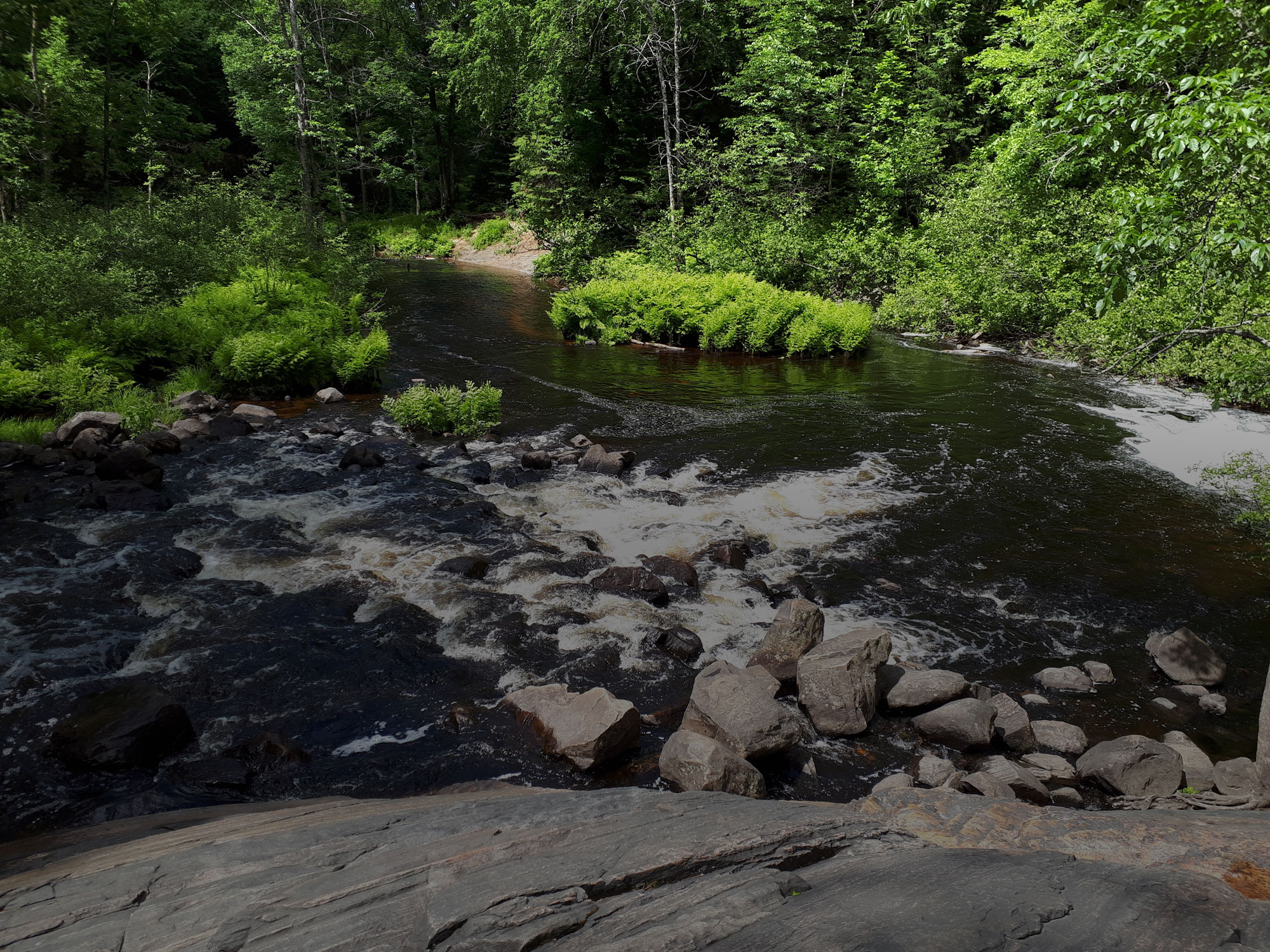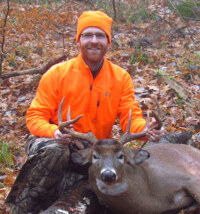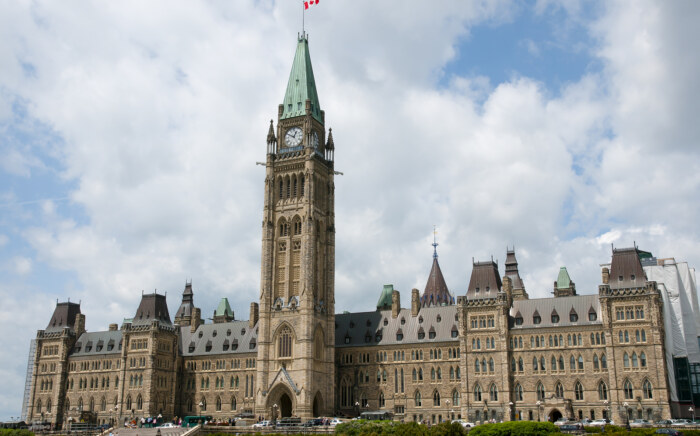It’s government budget season and we’ve been busier than normal during recent months talking to politicians about OFAH’s ongoing policy priorities. We’ve also spent a lot of time talking about the provincial and federal government’s 2021 budgets. Not surprisingly, these budgets will be focused on responding to COVID-19 and pandemic recovery, so it begs the question, how does the OFAH and fishing and hunting fit?
FISHING AND HUNTING CONTRIBUTE TO A
‘TRIPLE BOTTOM LINE’
A bottom-line accounting framework is centuries-old, but the idea of a triple bottom line that considers economic, social, and environmental values has emerged as a foundation for corporate accounting in recent decades. Corporate social and environmental responsibility has become an important cost of doing business. We see it every day in corporate marketing and not surprisingly, governments and politicians have grabbed hold of the term to describe a well-rounded political agenda.
Most sectors need to balance their books when it comes to achieving the triple bottom line because the majority are built around economics. They need to go out of their way to invest in their corporate social and environmental responsibility in order to achieve societal expectations for sustainability. For the outdoors sector, these things just come naturally.
WHY DO WE LOOK AT OUR FOOTPRINTS?
Anyone under the age of 40 will remember talking about their ecological footprint in school. Since the early 1990s, a ‘footprint’ has been the common way to reference how we think about environmental impacts. The concept is now used to describe the impacts of activities on more than the environment. This is a great way for us to illustrate how fishing and hunting contribute to the triple bottom line that governments are striving for. Let’s look at the figurative footprints of fishing and hunting.
OUR ENVIRONMENTAL FOOTPRINT IS LIGHT
Although it remains largely undervalued by most of society, the environmental benefits have become a backbone of how we describe the modern relevance of fishing and hunting. In its simplest form, we give more than we take through our licence dollars, volunteer work, and even the harvest itself to help drive fish and wildlife conservation.
Environmental bottom line – check.
OUR SOCIAL FOOTPRINT IS ENGRAINED IN CANADA’S CULTURE AND IDENTITY
Long before it was a part of corporate vocabulary, fishing and hunting was contributing to the triple bottom line for Ontario and Canada. For those of us who fish and hunt, we’ve always considered these activities to be a critical part of our social wellbeing. For me personally, I identify myself as an angler and hunter above all else – it shapes who I am. I know I’m not alone. Millions of Canadians participate in these activities, even more so than other iconic Canadian pastimes like playing hockey.
Social bottom line – check.
OUR ECONOMIC FOOTPRINT IS EVEN BIGGER THAN WE KNEW
I always knew that the outdoor economics would be big, but we’ve long been plagued by out-of-date and incomplete stats to back up that belief. In 2019, the OFAH changed that in partnership with the Canadian Sporting Arms and Ammunition Association. Through the Conference Board of Canada we commissioned a study on the Economic Footprint of Angling, Hunting, Trapping and Sport Shooting in Canada. The numbers, simply put, were staggering. The total footprint was $11.3 billion and almost 100,000 jobs. With trapping and recreational shooting added in, it made up an astounding 0.6% of Canada’s Gross Domestic Product. It created a significant ‘wow’ moment for us and it can be a game changer for how society views the economics of fishing and hunting.
Economic bottom line – check.
WHY IS OFAH ADVOCATING FOR FISHING AND HUNTING IN GOVERNMENT BUDGET DISCUSSIONS?
We know that fishing and hunting checks all the boxes governments are looking for, but we also know these activities aren’t generally considered as a top priority for investment at budget time. Governments don’t just need a reminder; they often need an education on how fishing and hunting contribute to the triple bottom line they are seeking. In fact, outside of Ontario’s Ministry of Natural Resources and Forestry, there is limited understanding of our activities and how important they are, and this continues to contribute to the erosion of fish and wildlife management budgets over time. The OFAH has been working to build a strong foundation of evidence that helps the public and decision-makers understand that fishing and hunting aren’t just traditional pastimes and contribute significant amounts to the triple bottom line. Over the years, we have built a solid, evidence-based foundation that fishing and hunting is critical for people, lasting economies, and environmental sustainability. Although we’ve made sure the value is no longer up for debate, fishing and hunting still needs a champion to keep it as a top-of-mind investment opportunity for governments. If it isn’t us, then it simply won’t happen, and fishing and hunting will continue to get marginalized in the policy and budget decisions of government.
HOW DOES IT TRANSLATE TO POST-PANDEMIC RECOVERY?
To recover from economic downturns, governments traditionally look to make immediate infrastructure investments in things like bridges and roads that will create jobs and economic stimulus. They will place priority on projects and initiatives that will create lasting and sustainable economies that achieve the triple bottom line. As a result, the OFAH has been positioning fishing and hunting to fit those government objectives. There are very few ways governments can achieve true triple bottom line benefits, but if we don’t build the case for fishing and hunting, then they probably won’t receive their due share of the economic stimulus investments that are coming.
WHAT DOES THE OFAH WANT TO SEE IN 2021?
- Investment in fishing and hunting infrastructure that helps create jobs and economic stimulus now, and sustainable and lasting economies that will contribute to a triple bottom line for years to come.
These investment ideas were two-fold: 1) access to get more people fishing and hunting (e.g. boat launches, accessible fishing structures, etc.); and 2) environmental benefits that make fishing and hunting better (e.g. dam restoration/removal/fishway construction, habitat projects, invasive species mitigation, etc.).
- Investment in promotion of fishing and hunting to grow the community to increase spending and funding for fish and wildlife conservation (through licence dollars).
- Investments in fish and wildlife management through MNRF’s Fish & Wildlife Program from general coffers to match the contribution of angler and hunter licence dollars. Enhancements to fish and wildlife conservation will also enhance the economies that depend on them.
These are only the highlights. For more details on OFAH advocacy in 2021 government budgets, read the following submissions:






Leave a Comment